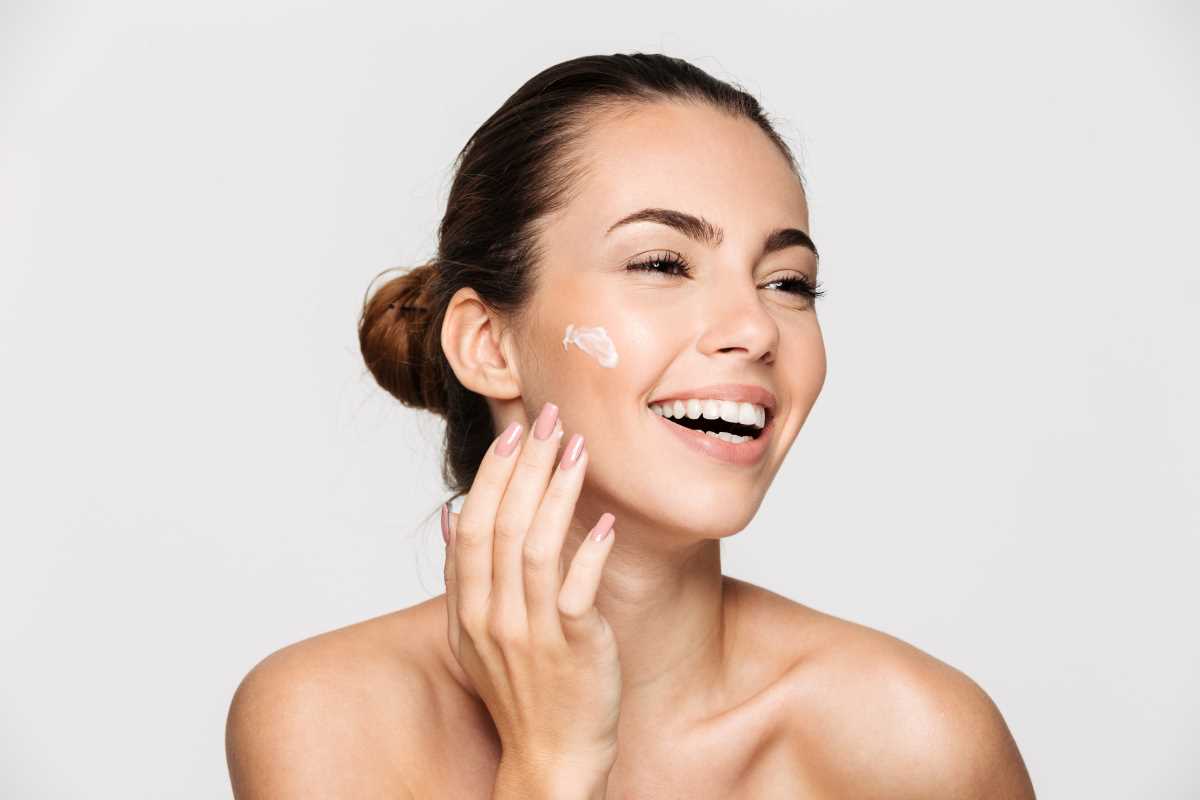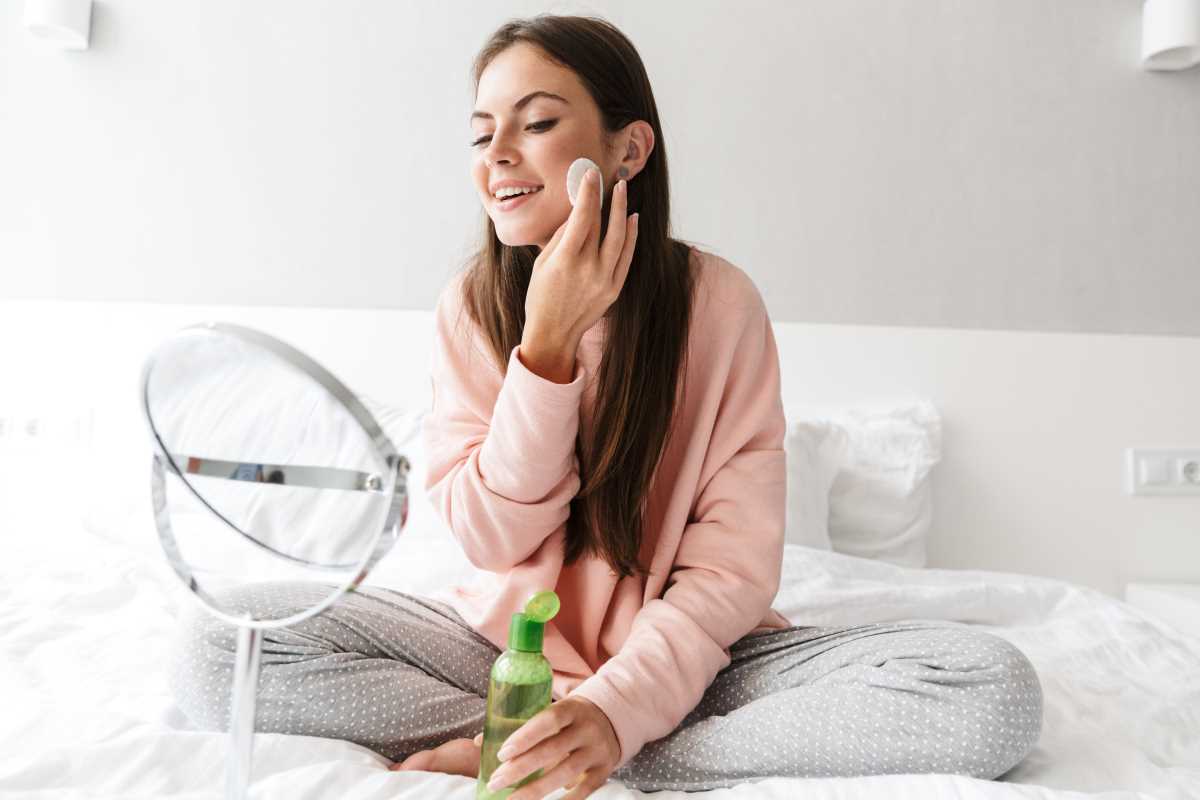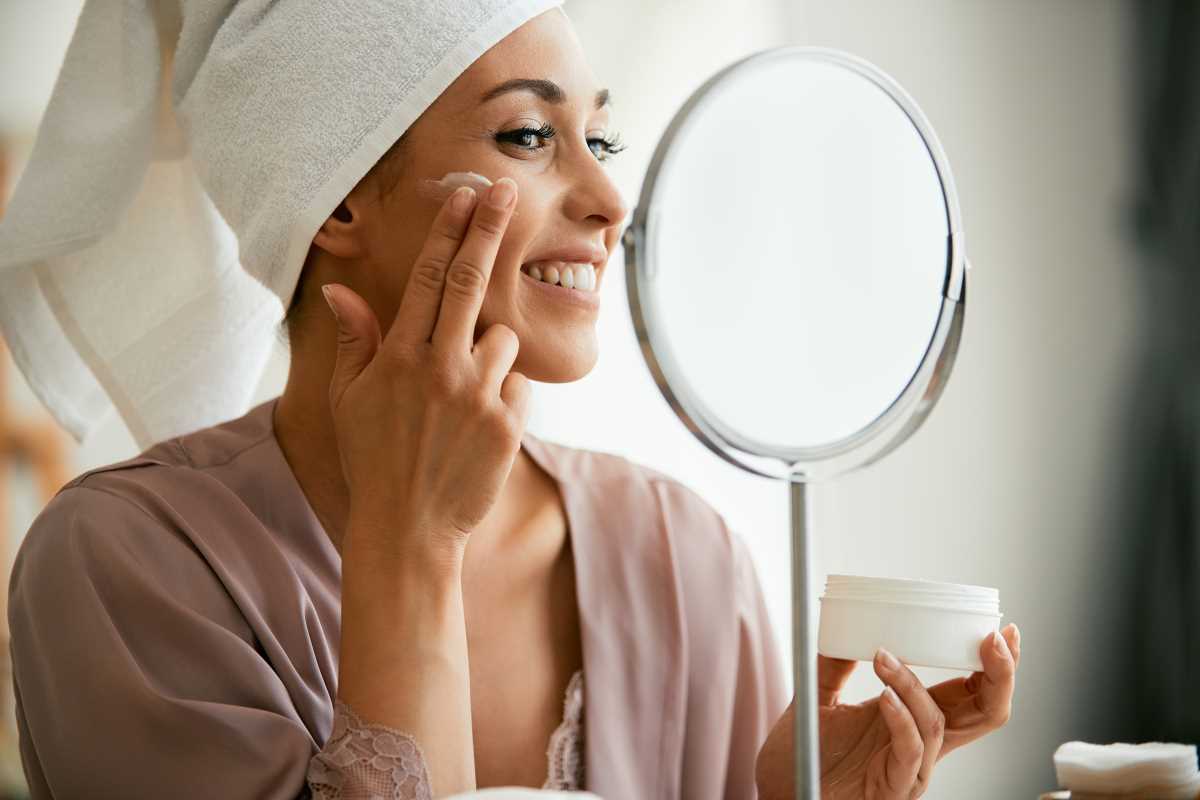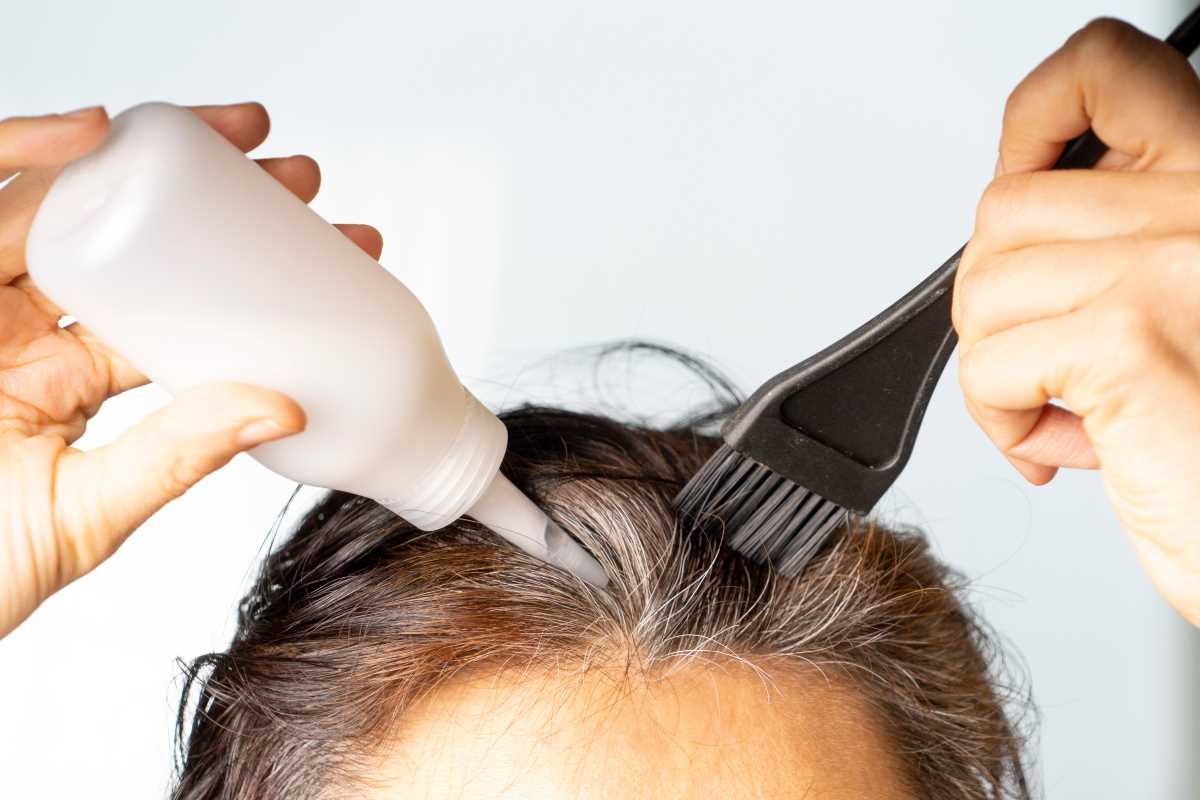Achieving healthy, glowing skin is a goal for many, and while a good skincare routine is essential, the key lies in the ingredients that make up your products. Understanding which ingredients can transform your complexion from dull and tired to radiant and youthful is crucial. Here, we explore the top ingredients you should look for to achieve and maintain healthy, glowing skin.
1. Vitamin C: The Brightening Powerhouse
Vitamin C is one of the most powerful antioxidants in skincare, renowned for its brightening and anti-aging properties. It works by neutralizing free radicals—unstable molecules that can damage skin cells—thereby protecting the skin from environmental stressors like pollution and UV rays. Vitamin C also inhibits melanin production, which helps to fade dark spots and hyperpigmentation, resulting in a more even skin tone.
Additionally, it boosts collagen production, which can help reduce the appearance of fine lines and wrinkles. For best results, look for Vitamin C in serum form, allowing better absorption into the skin.
2. Hyaluronic Acid: The Ultimate Hydrator
Hyaluronic acid (HA) is a naturally occurring molecule in the skin that has the incredible ability to hold up to 1,000 times its weight in water. This makes it a superstar ingredient for hydrating and plumping the skin. As we age, the skin’s natural HA levels decrease, leading to dryness and the formation of wrinkles.
Incorporating hyaluronic acid into your skincare routine can help replenish moisture levels, making the skin appear smoother, firmer, and more radiant. It’s suitable for all skin types, including oily and acne-prone skin, as it hydrates without clogging pores.
3. Retinol: The Anti-Aging Expert
Retinol, a derivative of Vitamin A, is one of the most effective ingredients for combating the signs of aging. It works by accelerating cell turnover, which helps to smooth out fine lines and wrinkles, reduce hyperpigmentation, and improve overall skin texture. Retinol also stimulates collagen production, leading to firmer, more youthful-looking skin over time.
While it can be slightly irritating for beginners, starting with a lower concentration and gradually increasing usage can help the skin adapt. Retinol should be applied at night, as it can make the skin more sensitive to sunlight.
4. Niacinamide: The Multi-Tasking Marvel
Niacinamide, also known as Vitamin B3, is a versatile ingredient that offers a wide range of benefits for the skin. It strengthens the skin’s barrier, helps retain moisture, and improves the appearance of enlarged pores. Niacinamide also has anti-inflammatory properties, making it particularly beneficial for those with acne-prone or sensitive skin.
Additionally, it can help regulate oil production, reduce redness, and even out skin tone. Niacinamide is compatible with most other skincare ingredients, making it easy to incorporate into any routine.
5. Alpha Hydroxy Acids (AHAs): The Exfoliating Champions
Alpha hydroxy acids, including glycolic and lactic acid, are naturally occurring acids that exfoliate the skin by dissolving the bonds between dead skin cells. This exfoliation helps to reveal fresher, brighter skin underneath and can improve the appearance of fine lines, uneven skin tone, and texture.
Regular use of AHAs can also stimulate collagen production, enhancing skin firmness over time. Glycolic acid is more potent and better suited for normal to oily skin, while lactic acid is gentler and ideal for sensitive or dry skin.
6. Peptides: The Skin Strengtheners
Peptides are short chains of amino acids that serve as the building blocks of proteins like collagen and elastin, which are essential for maintaining the skin’s structure and elasticity. As we age, the natural production of these proteins decreases, leading to sagging skin and wrinkles. Peptides in skincare help to signal the skin to produce more collagen and elastin, resulting in firmer, smoother skin.
They also help to repair the skin barrier, lock in moisture, and reduce inflammation, making them an excellent choice for maintaining a youthful complexion.
7. Ceramides: The Moisture Retainers
Ceramides are lipids (fats) naturally found in the skin and play a crucial role in maintaining the skin’s barrier function. They help to retain moisture, protect against environmental damage, and prevent irritants from penetrating the skin. As we age, ceramide levels in the skin decrease, leading to dryness, sensitivity, and an increased risk of irritation.
Skincare products containing ceramides can help replenish these vital lipids, strengthening the skin’s barrier and keeping it hydrated, smooth, and resilient.
8. Squalane: The Lightweight Moisturizer
Squalane is a highly stable and lightweight oil that mimics the skin’s natural oils, making it an excellent moisturizer for all skin types, including oily and acne-prone skin. It’s non-comedogenic, meaning it won’t clog pores, and it absorbs quickly without leaving a greasy residue.
Squalane is also an antioxidant, protecting the skin from free radical damage, and has anti-inflammatory properties that can help soothe irritation. Its ability to deeply moisturize while maintaining a light texture makes it a popular choice for those seeking hydrated, glowing skin.
9. Salicylic Acid: The Blemish Buster
Salicylic acid is a beta hydroxy acid (BHA) that is particularly effective for treating acne-prone skin. It works by penetrating the pores and exfoliating from within, helping to clear out excess oil, dead skin cells, and debris that can lead to breakouts.
Salicylic acid also has anti-inflammatory properties, reducing redness and swelling associated with pimples. Regular use can help prevent future breakouts and keep the skin clear and smooth. It’s often found in cleansers, spot treatments, and toners designed for acne-prone skin.
10. Green Tea Extract: The Soothing Antioxidant
Green tea extract is rich in antioxidants, particularly catechins, which help protect the skin from free radical damage caused by UV exposure and pollution. It also has anti-inflammatory and antimicrobial properties, making it beneficial for soothing irritated skin and reducing acne. Green tea extract can help improve skin elasticity, reduce the appearance of pores, and promote a more even skin tone. Its calming effects make it suitable for all skin types, especially those prone to sensitivity and redness.
Incorporating the right ingredients into your skincare routine is key to achieving and maintaining healthy, glowing skin. Whether you’re targeting specific concerns like aging, acne, or hydration, these ingredients offer a powerful array of benefits that can help you reach your skincare goals. As always, it’s important to choose products that are suitable for your skin type and to introduce new ingredients gradually to avoid irritation. With the right combination of these powerhouse ingredients, radiant, youthful skin is within reach.
 (Image via
(Image via




